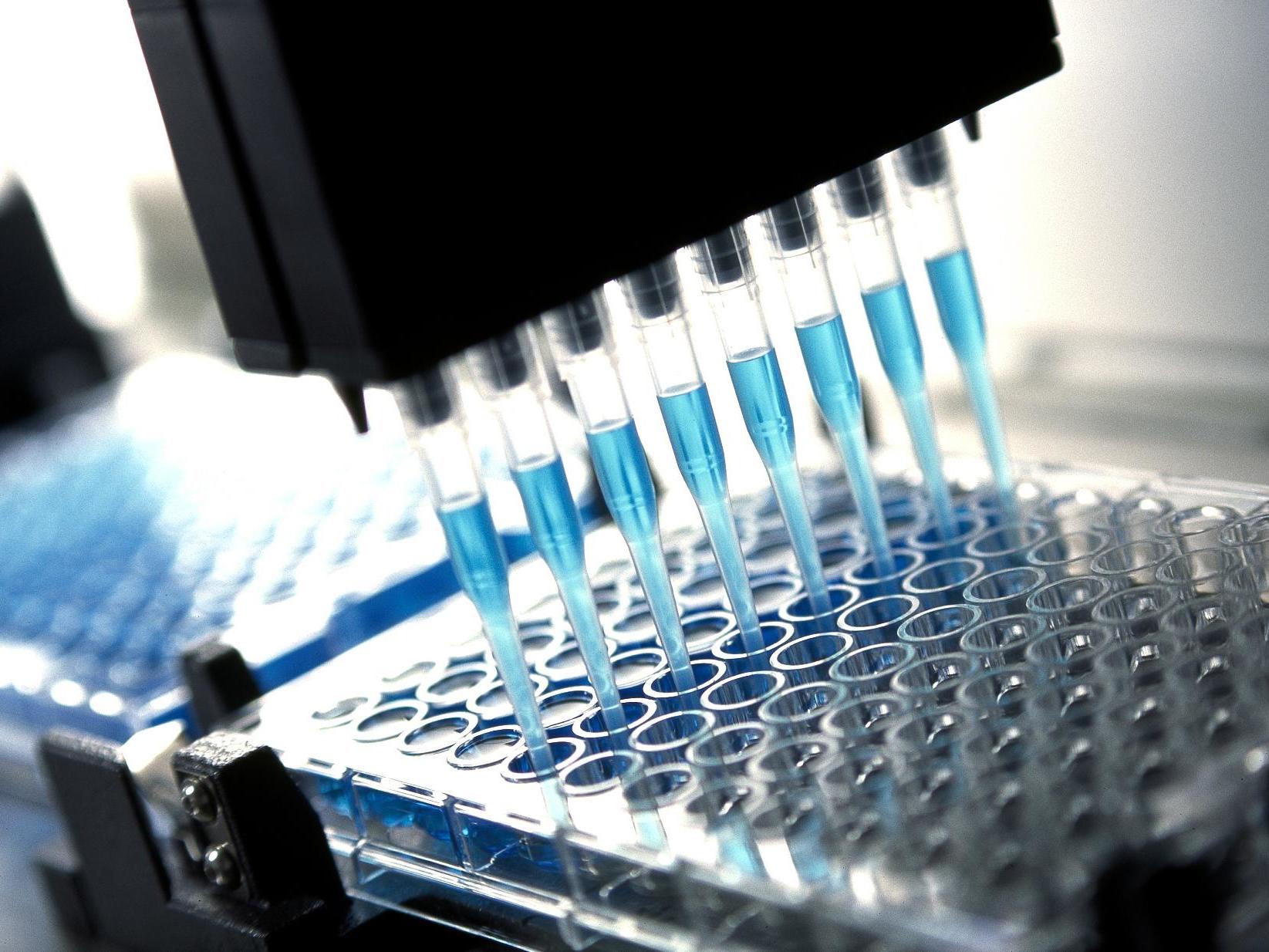Genetic drug-testing could be introduced for 2020 Tokyo Olympics
The technology, which it is hoped will help in the fight against blood doping, still requires approval from the World Anti-Doping Agency

Your support helps us to tell the story
From reproductive rights to climate change to Big Tech, The Independent is on the ground when the story is developing. Whether it's investigating the financials of Elon Musk's pro-Trump PAC or producing our latest documentary, 'The A Word', which shines a light on the American women fighting for reproductive rights, we know how important it is to parse out the facts from the messaging.
At such a critical moment in US history, we need reporters on the ground. Your donation allows us to keep sending journalists to speak to both sides of the story.
The Independent is trusted by Americans across the entire political spectrum. And unlike many other quality news outlets, we choose not to lock Americans out of our reporting and analysis with paywalls. We believe quality journalism should be available to everyone, paid for by those who can afford it.
Your support makes all the difference.Genetic drug-testing could be in place for the 2020 Tokyo Olympics, according to the president of the International Olympic Committee.
The technology, which it is hoped will help in the fight against blood doping, still requires approval from the World Anti-Doping Agency before it can be introduced but IOC chief Thomas Bach is confident it will prove a deterrent to anyone thinking of cheating, even if the testing is not done until after the Games.
“With research on genetic sequencing progressing well, this new approach could be a ground-breaking method to detect blood doping, weeks or even months after it took place,” Bach said at the World Conference on Doping In Sport in the Polish city of Katowice.
“If approved by WADA, such new gene testing could be used already at the Olympic Games Tokyo 2020. These new methods will again strengthen deterrence. We want the cheats to never feel safe, anytime or anywhere.”
The genetic testing works by spotting which genes are expressed when blood has been manipulated either via a transfusion or a product that boosts the production of red blood cells.
If the testing regime is not ready for Tokyo, all samples will be available to test post-Games for up to 10 years.
Bach said: “In the latter case, the IOC would analyse these samples after the full validation of this new testing method.
“This will add to the fact that the pre-Games testing programme for the Olympic Games Tokyo 2020 will be the most extensive programme ever, aimed to maximise both detection and deterrence.”
Join our commenting forum
Join thought-provoking conversations, follow other Independent readers and see their replies
Comments